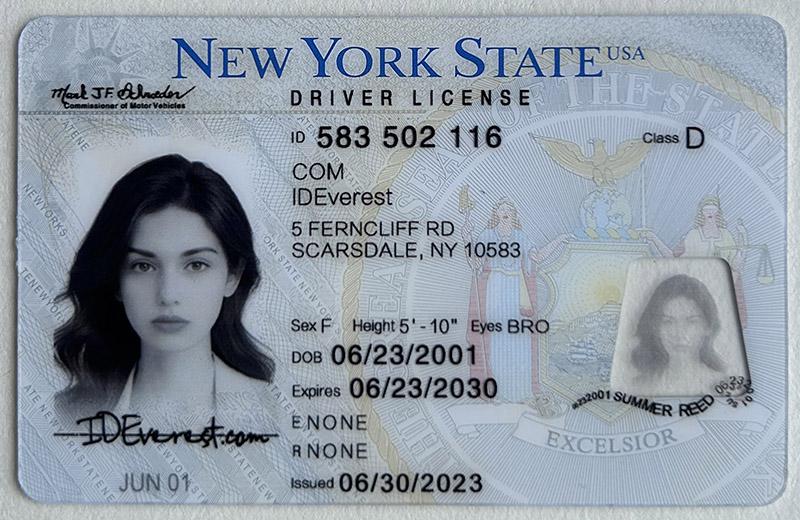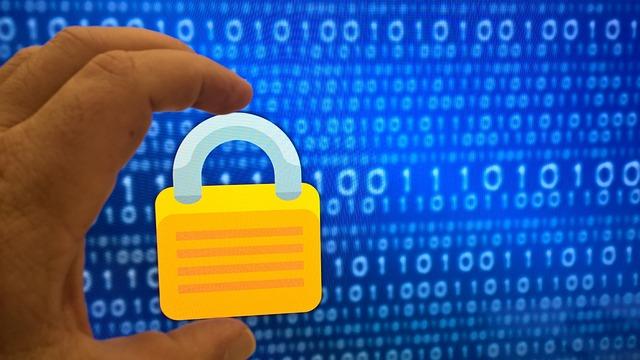In the digital age, where friendships are forged through screens and connections span continents, the question of privacy takes center stage. ? This modern conundrum hovers at the intersection of trust and technology, challenging us to navigate the blurred boundaries of online interactions. As we delve into this pressing issue, we’ll explore the potential risks and rewards, offering insights to help you tread cautiously yet confidently in the virtual world.
Navigating Trust in the Digital Age
In today’s interconnected world, the question of sharing personal details online with those we’ve never met face-to-face is increasingly complex. The digital landscape offers numerous opportunities for connection, but it also demands a heightened awareness of potential risks. When considering sharing personal information, it’s crucial to evaluate the trustworthiness of the platform and the individual involved. Here are some considerations to keep in mind:
- Verify Identity: Utilize tools and platforms that offer identity verification features to ensure the person is who they claim to be.
- Limit Information: Share only what’s necessary. Avoid disclosing sensitive details such as your home address or financial information unless absolutely required.
- Understand Privacy Settings: Familiarize yourself with the privacy settings of the platform you are using to control who can see your information.
- Look for Red Flags: Be cautious of inconsistent information, overly personal questions early in the conversation, or requests for money.
Trust in the digital age is not about blind faith but informed judgment. Balancing openness with caution can help protect your personal information while still allowing meaningful online interactions.

Understanding the Risks of Sharing Personal Information
In the digital age, sharing personal information has become a common practice, but it comes with its own set of risks. When you share details like your address, phone number, or even personal photos with someone you haven’t met in person, you’re essentially placing your trust in a digital stranger. This can lead to potential privacy breaches and identity theft. Cybercriminals often exploit such information for malicious purposes, so it’s crucial to be vigilant.
- Identity Theft: Personal information can be used to impersonate you online, opening accounts or making transactions in your name.
- Privacy Invasion: Sharing your location or daily routines can make you vulnerable to stalking or unwanted attention.
- Financial Fraud: Details like your banking information can be misused for unauthorized transactions.
Understanding these risks helps in making informed decisions about what you choose to share. Always question the necessity and security of sharing your personal details, especially with individuals you’ve only interacted with online.

Practical Steps to Safeguard Your Privacy
When considering sharing personal information with someone you haven’t met face-to-face, it’s essential to take specific precautions to protect your privacy. Start by ensuring your digital environment is secure: update your software regularly and use strong, unique passwords. Enable two-factor authentication on your accounts to add an extra layer of security.
- Verify Identities: Use video calls or reputable platforms to confirm the person’s identity before sharing sensitive information.
- Limit Sharing: Be cautious about what details you disclose. Avoid sharing addresses, financial information, or intimate photos.
- Use Secure Channels: Communicate through encrypted apps to ensure your conversations remain private.
- Research: Conduct a background check using available online resources to verify the person’s credentials and reputation.
By implementing these strategies, you can significantly reduce the risks associated with sharing personal details online.

Building Online Relationships with Caution
In today’s digital age, establishing connections online can be incredibly rewarding, but it’s crucial to approach these interactions with a sense of caution. While building relationships over the internet, it’s important to remember that not everyone may have genuine intentions. Here are some key considerations to keep in mind:
- Verify Identities: Utilize video calls or mutual connections to confirm the identity of the person you’re interacting with.
- Limit Personal Information: Avoid sharing sensitive details like your home address, financial information, or personal photos until trust is firmly established.
- Be Aware of Red Flags: Be cautious of individuals who pressure you for personal details or seem too good to be true.
- Trust Your Instincts: If something feels off, it’s okay to step back and reassess the situation.
Approaching online relationships with a balanced mindset allows for meaningful connections while safeguarding your personal space and security. Always prioritize your safety and comfort in every interaction.



